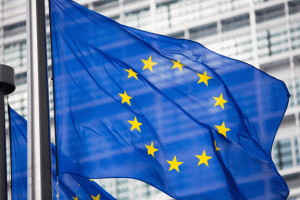European aluminum producers object to inclusion in carbon border tax
Government interference, even for the best of reasons, can have market-distorting effects.
Take, for example, calls by European aluminum producers to be excluded from the European Union’s Carbon Border Adjustment Mechanism (CBAM) carbon border tax proposal.
Do you know the five best practices of sourcing metals, including aluminum?
European aluminum producers want out of CBAM
According to a Financial Times report this week, European aluminum producers are calling for exclusion from the first phase of the E.U.’s CBAM. They claim the plan will put the industry at a competitive disadvantage to foreign rivals. The argue it will encourage firms to direct their low-carbon production to Europe and simply sell their high-carbon production elsewhere.
As such, the net effect will be little global reduction in carbon emissions but significant competitive damage to domestic European producers, whose own carbon footprint may not be as low as those foreign competitors.
Some European mills, like Norsk Hydro, have extensive hydroelectric-powered smelter capacity. However, smelters in Europe (including Norway) currently incur a carbon cost, which is part of their electricity prices, the Financial Times reports.
Even producers using hydro and nuclear power pay because of Europe’s marginal pricing system for electricity, which is usually set by coal-fired power stations.
Gaming the system
Meanwhile, to get around this, the E.U. distorts its own system by giving European aluminum smelters compensation for 75% of their indirect emissions with state aid. On average, European smelters produce about 6.7 tons of CO2 per ton of metal, compared to less than 3 tons by Rusal and into double digits by many coal-fired Chinese smelters.
Rusal has already moved to split its low-carbon production into a separate operation for export markets from its higher-carbon production. It would reserve the latter for its domestic market, where Moscow makes no attempt to enforce carbon reduction measures.
Brussels is expecting to raise about €10 billion a year from the imposition of the CBAM on steel, cement and fertilizers, in addition to aluminum. The new measures are currently likely to come in by 2023 for an initial three-year period, according to the Financial Times.
If the European aluminum sector is successful in gaining an exclusion, expect similar moves by steel and other energy-intensive industries.
Get social with us. Follow MetalMiner on LinkedIn.



Leave a Reply